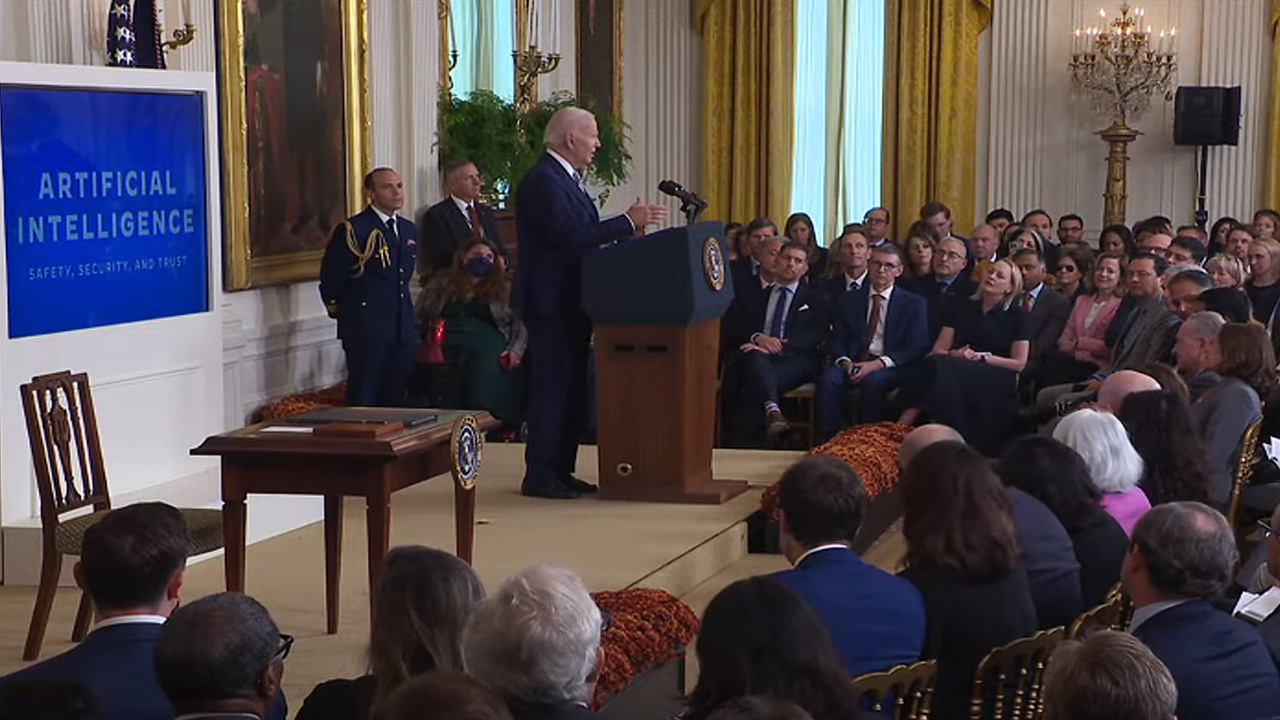Within the span of 24 hours, the White House and the G7 countries have announced mandates to regulate A.I. These will cover a wide spectrum, ranging from commercial use of artificial intelligence to protecting the rights and privacy of individuals.
The subject of artificial intelligence (A.I. or AI) has been controversial and divisive, particularly after 2022. Large Language Models (LLM) like OpenAI's ChatGPT and image generators like Midjourney have become prevalent technologies. But they have also been the subject of ongoing issues, not the least of which is the current SAG-AFTRA strike which highlights the potential abuse of A.I. by studios and production companies in the entertainment industry.
But change may be on the horizon. U.S. President Joe Biden issued an Executive Order on Safe, Secure, and Trustworthy Artificial Intelligence.
According to the White House press release, the EO "establishes new standards for AI safety and security, protects Americans' privacy, advances equity and civil rights, stands up for consumers and workers, promotes innovation and competition, advances American leadership around the world".

